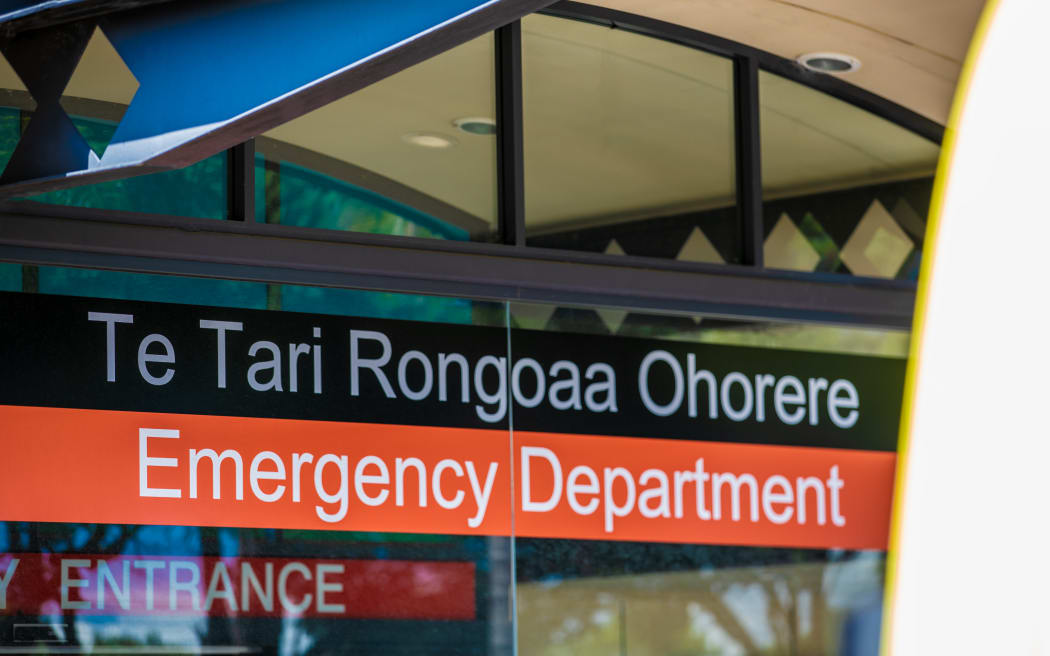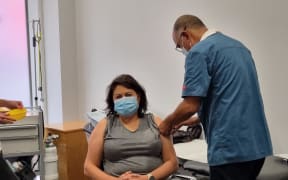
Case numbers for acute respiratory illness continue to rise. Photo: 123RF
While Covid-19 cases were down this winter, doctors say other viruses have swarmed in - and babies and preschoolers have been the worst hit.
Institute of Environmental Science and Research (ESR) virologist Sue Huang had been expecting this winter to be easier than last year's, when the borders first opened and Covid-19 and other viruses arrived by the plane-load.
However, this year had been "more of the same", she said.
"[The winter virus season] started from very early on, in April, which we have never seen before, with both H1N1 (swine flu) and the B, co-circulating and it's continued until now."
Dr Huang said that could be partly due to the immunity gap - New Zealanders had not been exposed to those bugs for four or five years.
It also coincided with the gradual relaxing of public health measures.
"We're still very, very busy. We are still seeing acute respiratory illnesses and the level is very similar to last year's."
ESR data shows hospitalisations for severe respiratory illness in Auckland were still trending up last week and were actually higher than at this time last year.

Young children are being hospitalised for winter viruses at three times the rate of the elderly. Photo: 123rf
Zero to four year olds were the worst affected: they were hospitalised at three times the rate of the elderly, who are the next most vulnerable group.
In May, Health Minister Ayesha Verrall announced a plan to reduce pressure on hospitals, including free pharmacy consultations for minor ailments, boosting telehealth services and funding GPs and rest homes to provide hospital-level care in the community.
Te Whatu Ora head of commissioning Abbe Anderson said the health system had "weathered winter well".
"A key reason for that is (as through the worst of the Covid period), New Zealanders have taken really good care of themselves. They got vaccinated, washed their hands regularly and stayed home when they were unwell."
Since April, 633,749 people have received Covid boosters, more than 1.2 million people were vaccinated against the flu and more than 400,000 children have had their childhood immunisations.
Telehealth support for St John ambulance paramedics has saved about 1200 trips to hospital.

Patient visits to emergency departments are up 7 percent between June and August. Photo: RNZ / Marika Khabazi
Even so, emergency departments (ED) were stretched, Anderson admitted.
"For the decade prior to Covid, we saw ED presentations increasing by 2.3 percent a year, in line with population growth and the ageing population," Anderson said.
"Presentations went down during Covid because of those public health measures and people staying away but have since increased, which is a global trend," she said.
"From mid-June to mid-August, we saw patient numbers increase 7 percent, so that's quite a jump, and those people were sicker and spent longer in ED.
"One reason for that is during the height of the Covid pandemic, people delayed seeking care and we're now possibly seeing a catch up from that time.
"But we could also be seeing the impact of people are doing exactly what we're asking them to do and using other avenues for less critical care.
"So what we see coming to the hospitals are people with more complex and more serious problems."
More than 68,000 eligible patients - including Māori, Pasifika, under-14s and community service card holders - received free treatment through the Minor Ailments Service at about 600 pharmacies.
More than half of those were suffering pain and fever.
Pharmacy Guild chief executive Andrew Gaudin said that kept many thousands of people from needing to go to their GPs or even ED.
"It is about trying to reduce the workforce pressures across the system, and I think having more points of access for patients into the system and free, and the convenience for patients is fantastic."
Meanwhile, now spring is here and the weather is warming up, Dr Huang expects winter illnesses will start to wane but experts like her would be keeping an eye on the New Zealand's flu vaccine needs and the situation in the Northern Hemisphere.






